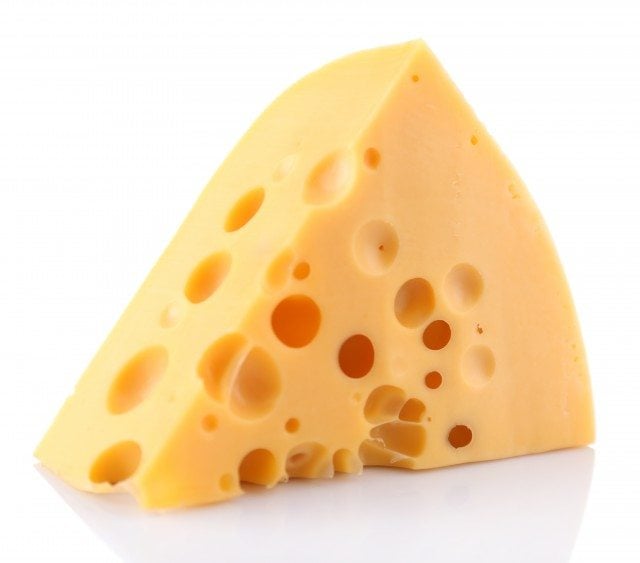Camel chymosin coagulant FAR-M in bovine milk is the only known option for coagulation of camel milk, due to its high milk clotting specificity combined with a reduced proteolytic activity, says Chr. Hansen.
Now it has been confirmed that FAR-M can clot donkey milk, which enables donkey milk to coagulate, despite the level of kappa-casein being detected at very low levels or completely absent.
The research on FAR-M and donkey milk was initiated by Dr. Giuseppe Iannella, Food Technologist.
“The idea to produce cheese came to me through an Italian owner of a farm breeding donkeys and who wanted to explore the employability of donkey milk,” says Dr. Iannella.
“Through my research, I discovered that the casein micelle present in this milk is efficiently coagulated with FAR-M and this has resulted in the first cheese produced with donkey milk using rennet coagulation.”
“The yield is limited due to the low levels of fat and protein in donkey milk, but the result is a good and tasty cheese.”
Fresh donkey milk cheese has a very mild taste and its texture is semi-rigid. After just a few weeks of ripening, the cheese develops a more distinct, piquant flavor and an aftertaste characteristic of the donkey milk.
The texture becomes very hard, and as Dr. Iannella expresses: “Breaks like parmesan.”
Donkey milk cheese making is similar to that of cheese made from cows’ milk.
However, due to the composition of donkey milk, the yield is much lower, at about 3%, dosage is much higher and the milk should not be thermally stressed, as this significantly impairs the enzymatic reaction.










